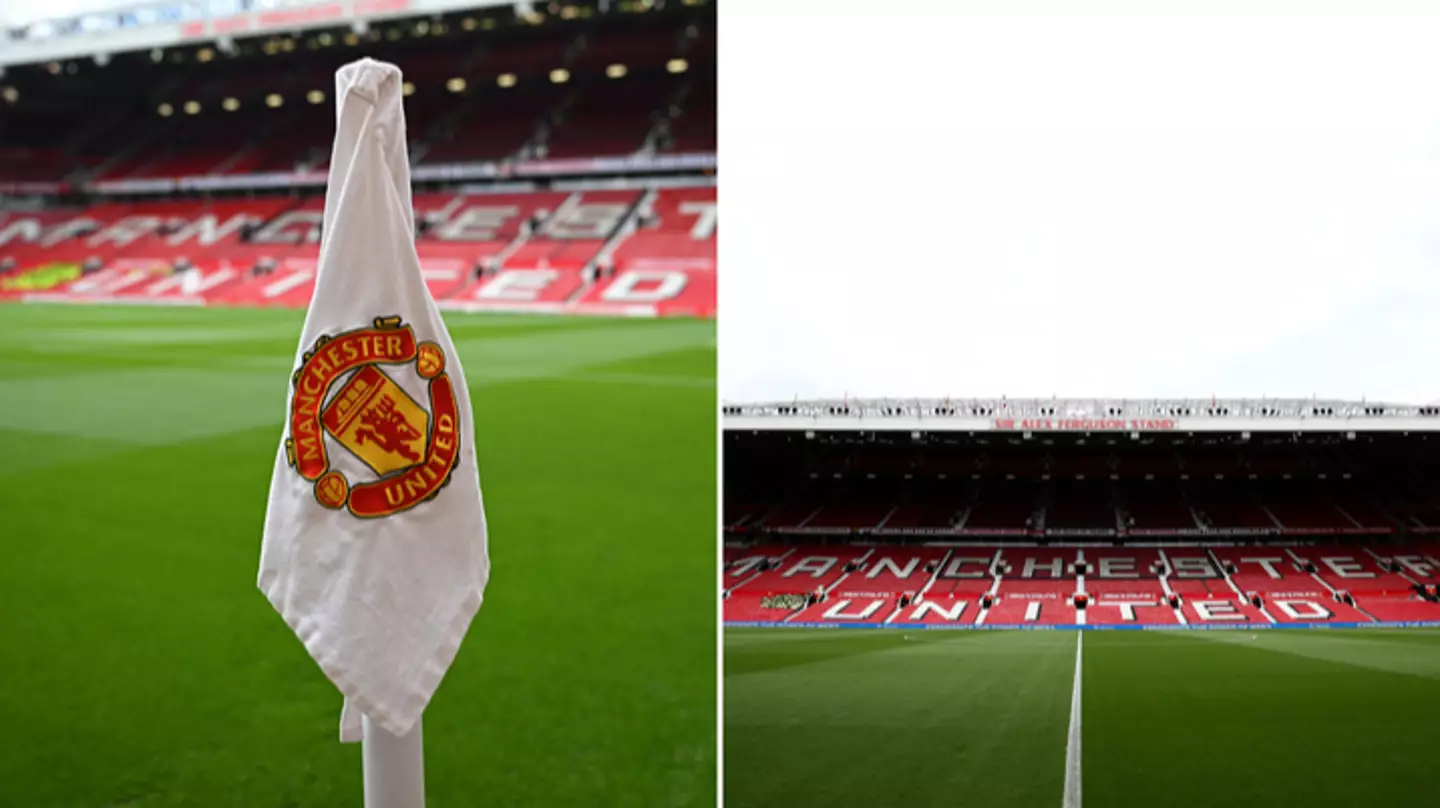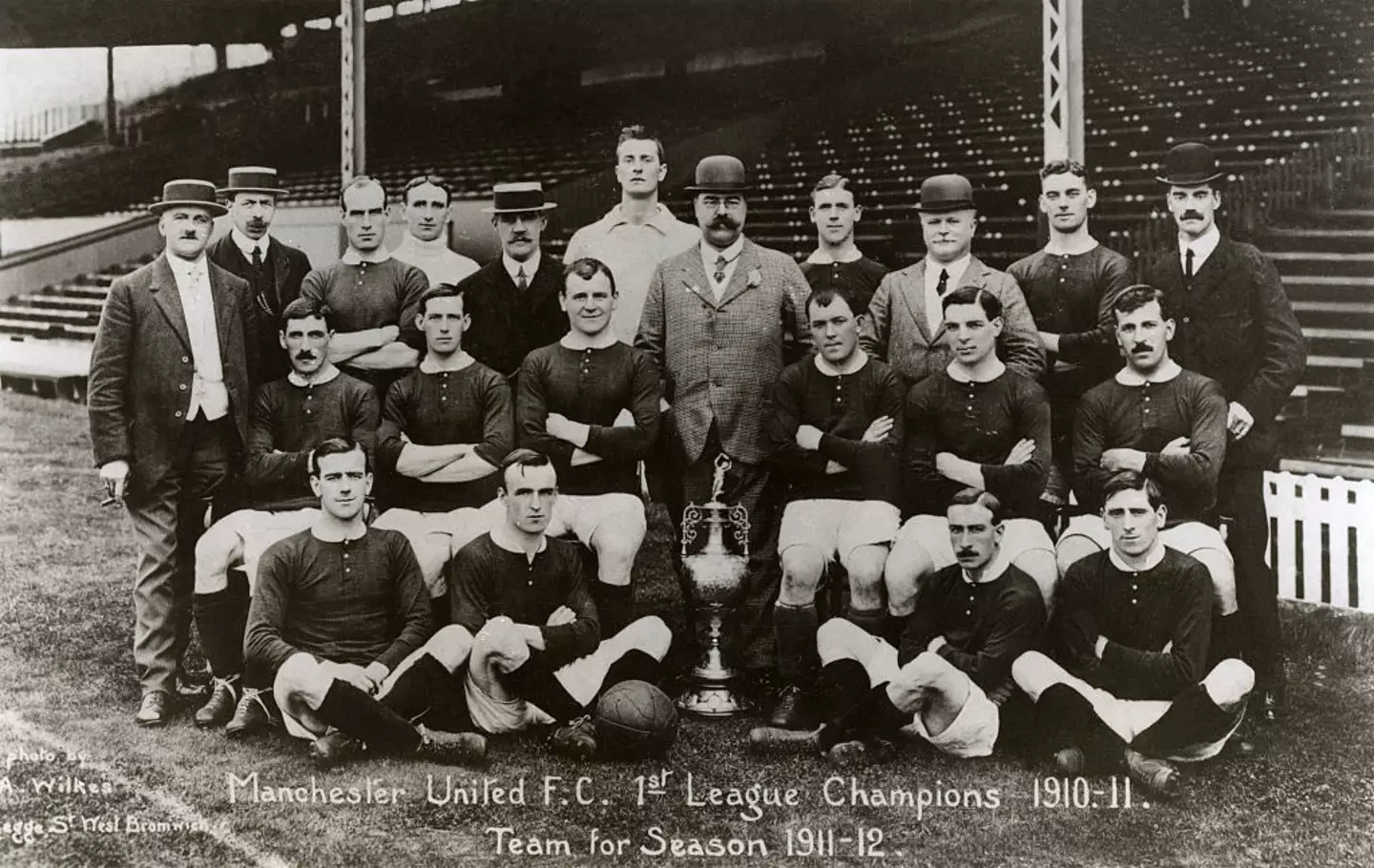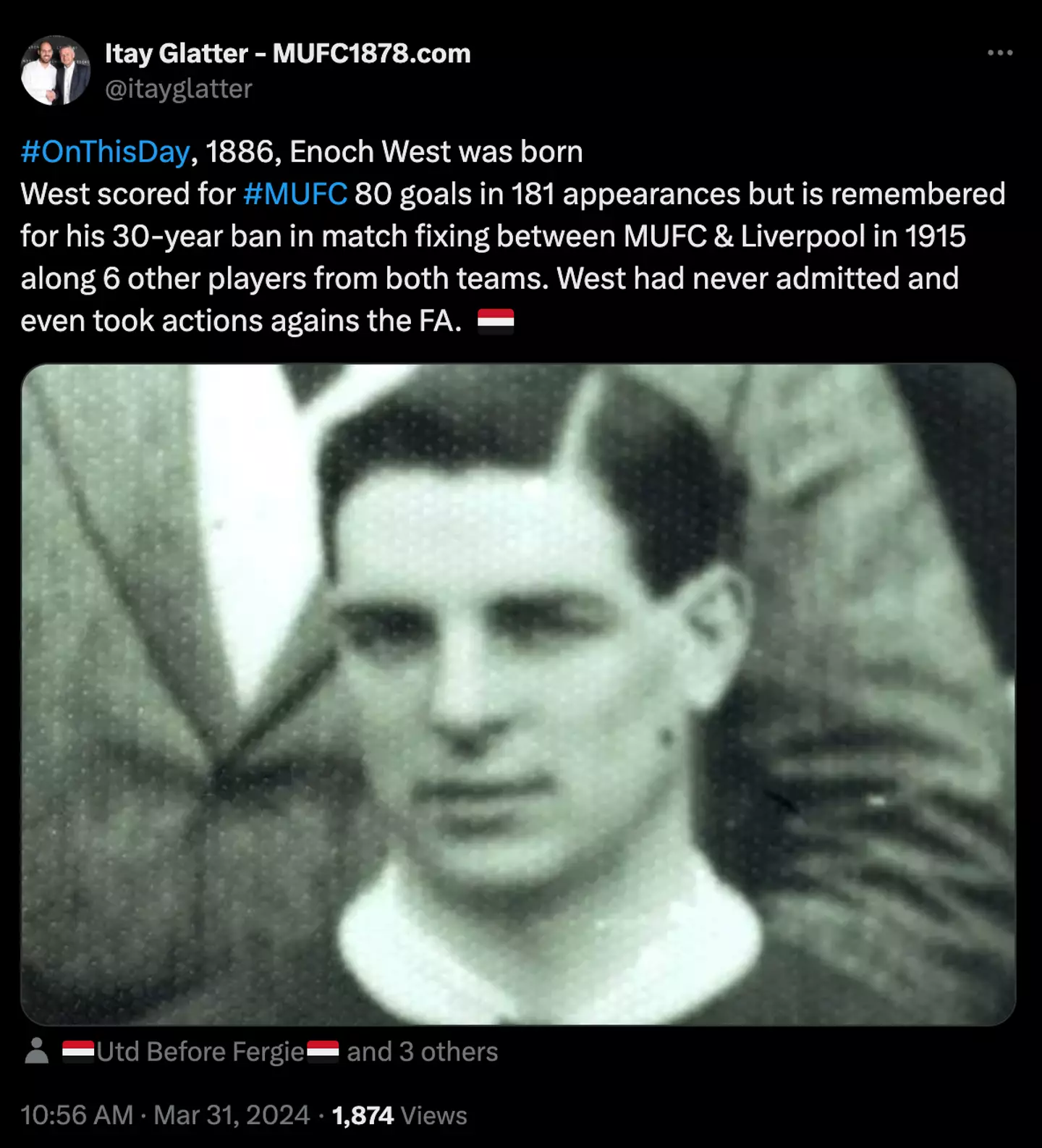
Topics: Manchester United, Premier League, Football, Liverpool, Sheffield Wednesday

Topics: Manchester United, Premier League, Football, Liverpool, Sheffield Wednesday
A Manchester United player was once banned for 30 years in what is believed to be the longest suspension in English football history.
In recent times, we've seen a number of high-profile players receive bans from the game, including the four-year ban (subject to appeal) for doping issued to Juventus star Paul Pogba earlier this year.
And Brentford star Ivan Toney was banned by the FA for nine months after gambling regulation breaches, but has since returned to football.
Advert
But those bans were nothing compared to two serious incidents that occurred in British football - each 50 years apart.
Back in 1964, a total of 10 players from across English football were sentenced to jail for various match-fixing offences.
The investigation centred around a syndicate led by former Mansfield Town striker Jimmy Gauld, which 'colluded to fix matches in which they had bet on the outcome', as per the initial report from The Sunday People.
It was found that Gauld originally agreed a 'target match' with a Sheffield Wednesday player, who told two of his team-mates to ensure that Wednesday lost a December 1962 match against Ipswich. They were defeated 2-0.
Gauld's syndicate fixed two other matches on the same day, and unsuccessfully tried to fix another match involving Bristol Rovers - of which two Rovers players were involved.
Advert
Subsequently, a Hartlepools United player confessed that he had bet with the syndicate on his side losing a game to Exeter City.
Eventually, 10 former and current players were all sentenced to jail and banned for life from football as part of the scandal. Gauld himself was sentenced to four years to jail.
While several players had their life bans lifted upon appeal, others chose not to appeal, or had their appeals denied by the Football Association.
You have to go back as far as March 1915 to find the other serious match-fixing scandal in English football.
Advert
The match in question took place between Manchester United and Liverpool at Old Trafford, with the backdrop being that the fixture was played during the First World War - at a point were it was assumed that football would be immediately stopped.

United won the match 2-0 to ensure they avoided relegation from the First Division, but concerns were raised about Liverpool's commitment during the game, and it emerged that a significant number of bets had been placed on United to win 2-0 at odds of 7/1.
It was alleged that United players conspired with their opponents to fix the outcome, and eight players were found guilty of match-fixing and given life bans by the FA.
Advert
One of the players in question was United striker Enoch West, who scored 72 goals in 166 appearances.
Seven of the eight players had their bans lifted by 1919 as a result of serving in the First World War - which was believed to be a condition of their initial suspensions.
However, West - who was 29 years old at the time of his ban - protested his innocence and therefore didn't have his ban lifted.

Advert
It was eventually overturned in 1945 - meaning West served an astonishing 30-year ban from the game. He never returned to professional football.
Nicknamed 'Knocker', West served with the Royal Army Service Corps during the First World War, and a book was released in 2004 which argued that he was wrongly accused.
The author of the book, Graham Sharpe, told the Manchester Evening News: "I first heard of the case some years ago, and West's treatment smacked of a set-up.
"Unlike the others who admitted what they had done and were pardoned, he always maintained his innocence and served the longest ban in British football.
"I am confident that, at the very least, I have established that there is little or no genuine evidence which can be interpreted as conclusive proof of the guilt of Enoch West as he was charged."